Key events Show key events only Please turn on JavaScript to use this feature
Possible winners: László Krasznahorkai
Emma Loffhagen
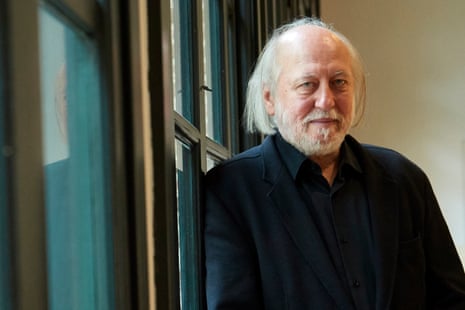
One of the frontrunners is László Krasznahorkai, the Hungarian novelist whose demanding, visionary prose has earned him a devoted international following.
Born in Gyula, Hungary, in 1954, Krasznahorkai first made his mark with his 1985 debut novel Sátántangó, a bleak and mesmerising portrayal of a collapsing rural community. The novel would go on to win the Best Translated Book award in English nearly three decades later, in 2013.
Often described as postmodern, Krasznahorkai is known for his long, winding sentences, dystopian and melancholic themes, and the kind of relentless intensity that has led critics to compare him to Gogol, Melville and Kafka. Sátántangó was famously adapted into a seven-hour film by director Béla Tarr, with whom Krasznahorkai has had a long creative partnership.
Krasznahorkai’s career has been shaped by travel as much as by language. He first left Communist Hungary in 1987, spending a year in West Berlin for a fellowship, and later drew inspiration from East Asia – particularly Mongolia and China – for works such as The Prisoner of Urga, and Destruction and Sorrow Beneath the Heavens.
While working on War and War, he travelled widely across Europe and lived for a time in Allen Ginsberg’s New York apartment, describing the legendary Beat poet’s support as crucial to completing the novel.
His admirers are formidable: Susan Sontag called him “the contemporary Hungarian master of apocalypse,” while WG Sebald praised the universality of his vision. In 2015, Krasznahorkai became the first Hungarian writer to win the Man Booker International prize.
Who do publishing insiders have their money on?

Philip Oltermann
Ladbrokes has Chinese experimentalist Can Xue and Hungary’s melancholy master László Krasznahorkai as favourites to win the prize, followed by popular Japanese novelist Haruki Murakami. But if you talk to people in the publishing industry, you’ll also hear a few names that aren’t riding high with the bookies, such as Swiss Popliteratur novelist Christian Kracht, whose Eurotrash was longlisted for the International Booker this year. Australian novelist Gerald Murnane has been a perennial bookies’ favourite, but if the prize goes to Down Under, some suggest it’s more likely to be awarded to Aboriginal writer Alexis Wright instead.
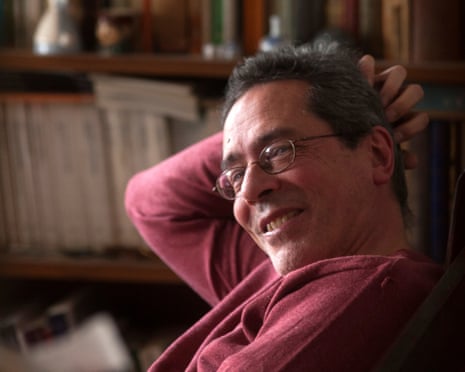
Peruvian writer Mario Vargas Llosa was the last Latin American laureate in 2010, which has brought Argentinian writer César Aira and Mexican Cristina Rivera Garza into the frame. Writing in Swedish newspaper Aftonbladet, literary editor Rasmus Landström puts his money on this year’s winner carrying a Hungarian passport: Krasznahorkai or his countryman Péter Nádas. “Both have long been sitting on the Nobel pile”, Landström writes. “They both write fairly ‘traditional’ modernist prose and can be categorised as ‘witness literature’. Stable choices, of course – and a bit boring.”
How the Nobel prize in literature is chosen
Emma Loffhagen
Every October, the announcement of the Nobel prize in literature sends ripples through the literary world — but how does the Swedish Academy actually choose a winner?
It begins months earlier, when the Nobel committee, made up of a small group of writers, sends out nomination forms to a select network of individuals and organisations. Those invited to nominate include:
-
Members of the 18-person Swedish Academy, as well as similar literary academies around the world
-
Professors of literature and linguistics at universities and colleges
-
Previous Nobel laureates in literature
-
Presidents of national authors’ societies representing their countries’ literary production
Once nominations come in, the committee filters and refines the list, narrowing it first to 15–20 names, and then to a final shortlist of five.
Over the following months, Academy members read the nominees’ works in depth. In September, they hold their annual discussions and debates. Finally, in early October, the Academy gathers to vote.
To be awarded the Nobel prize in literature, a candidate must receive more than half of the votes cast. The result is kept strictly confidential until the official announcement – one of the most anticipated moments in the global literary calendar.
Bookies’ favourites: Can Xue and Krasznahorkai tied at the top
Emma Loffhagen
As the 2025 Nobel prize in literature approaches, betting markets are pointing to a tight race. Chinese avant garde writer Can Xue and Hungarian novelist László Krasznahorkai are currently joint favourites, both with 10/1 odds.
Can Xue, age 72, remains a perennial contender – she was also heavily tipped last year – and her experimental, boundary-pushing style has kept her in the spotlight. Krasznahorkai, aged 71, is likewise gaining traction, with his dystopian, melancholic novels enjoying recent translation awards.
Haruki Murakami is close behind, with 14/1 odds, placing him third in the betting rankings.
Next in line at 16/1 odds are a collection of respected names: Cristina Rivera Garza, Enrique Vila-Matas, Gerald Murnane, Mircea Cărtărescu and Thomas Pynchon.
Further down, authors including Lyudmila Ulitskaya (18/1), Ersi Sotiropoulos, Margaret Atwood (another yearly favourite), Michel Houellebecq, Péter Nádas, Pierre Michon, and Salman Rushdie are also in the mix at 20/1 odds.
A Ladbrokes spokesperson, Alex Apati, commented: “The odds suggest the race for this year’s Nobel literature prize is wide-open as things stand.”
Remember: the winner will be announced today at noon BST, and will receive 11 million Swedish kronor (around £870,000).

Ella Creamer
Emma Loffhagen
Last year’s Nobel Prize in literature went to Han Kang, the South Korean novelist celebrated for her lyrical, unsettling explorations of violence, memory and the human body.
Born in Gwangju, South Korea, in 1970, Han first gained international prominence with The Vegetarian, a haunting novel about a woman’s quiet rebellion against social expectations. The book won the Man Booker International prize in 2016, making Han the first Korean author to receive the award.
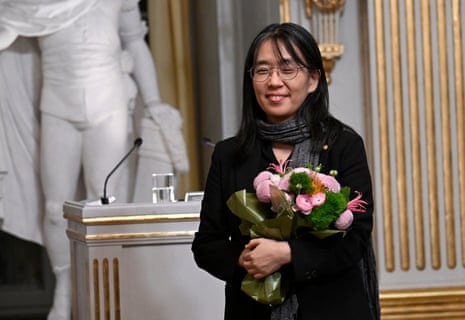
Her work is often described as poetic, precise and quietly devastating, combining spare prose with searing emotional depth. Themes of trauma, collective memory and the search for dignity in the face of brutality run through much of her writing, shaped in part by the legacy of South Korea’s turbulent political history.
Han grew up in Gwangju, the site of the 1980 Gwangju Uprising, an event that would profoundly influence her later work. In Human Acts, she turned to this history directly, crafting a devastating portrait of the aftermath of state violence through multiple interwoven voices.
Over the years, she has explored grief, language and identity in works such as The White Book and Greek Lessons, with the latter shortlisted for the International Booker prize in 2023.
Han’s Nobel win in 2024 was largely unexpected – the bookies had her at 30/1 – but widely celebrated as a landmark moment for Korean literature on the world stage. The Swedish Academy praised her “subtle, elliptical narratives that illuminate the fragile dignity of the individual amid collective trauma.”
Read an interview with Han here.
Opening summary

Ella Creamer
Welcome to the Guardian’s coverage of the Nobel prize in literature.
The biggest day in the book world’s calendar has arrived: today, the next Nobel laureate in literature will be announced.
Could it be Can Xue, the Chinese avant garde author who has been the bookies’ favourite several years running? Or perhaps Haruki Murakami, Margaret Atwood or Salman Rushdie, whose names are often in the mix of possible contenders? Or will it be someone totally unexpected?
All will be revealed at 12pm BST (1pm CEST) at the Swedish Academy in Stockholm. Join Emma Loffhagen, Philip Oltermann and me over the next hour as we share updates, trivia and speculation about the prize.

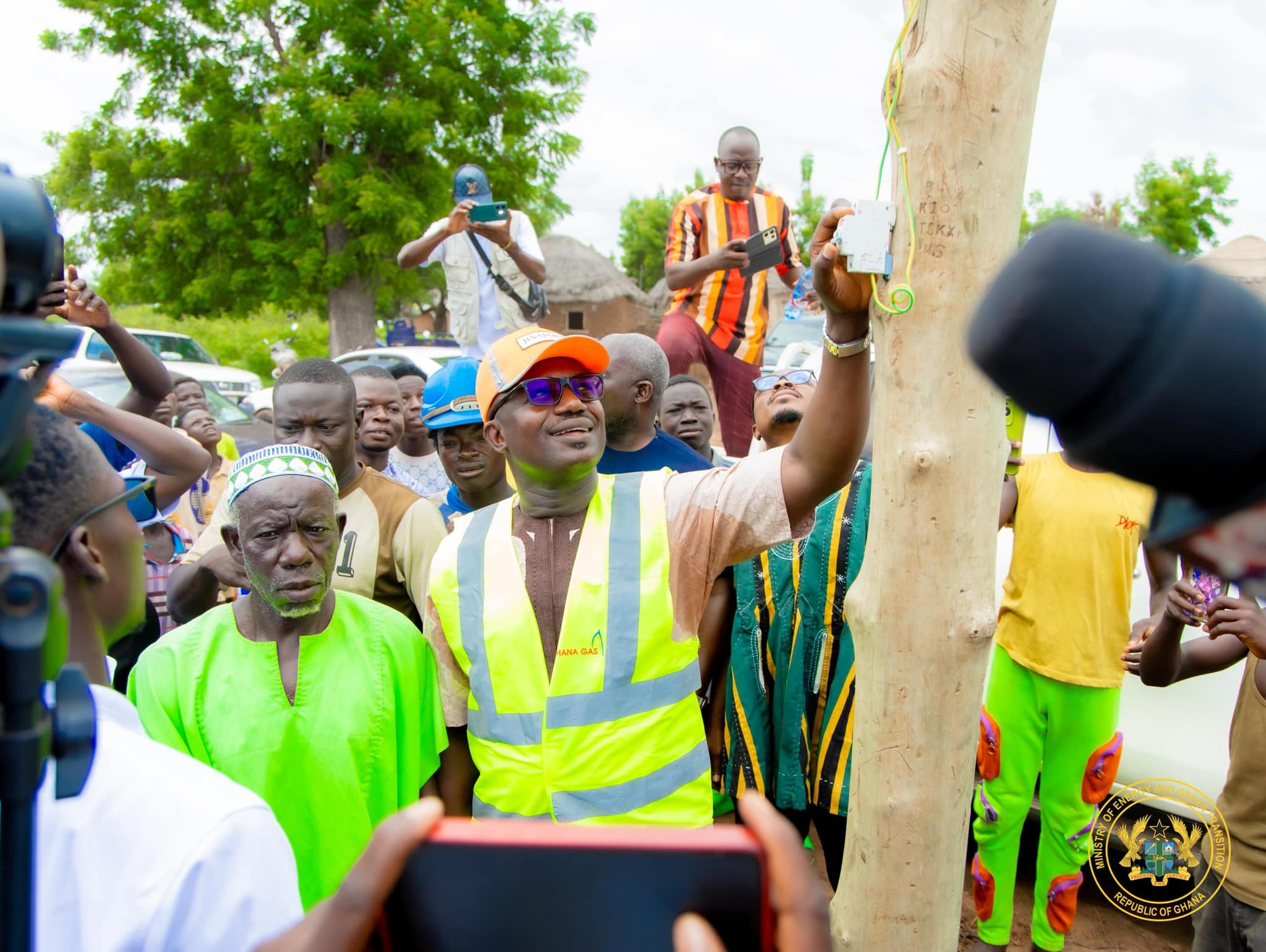
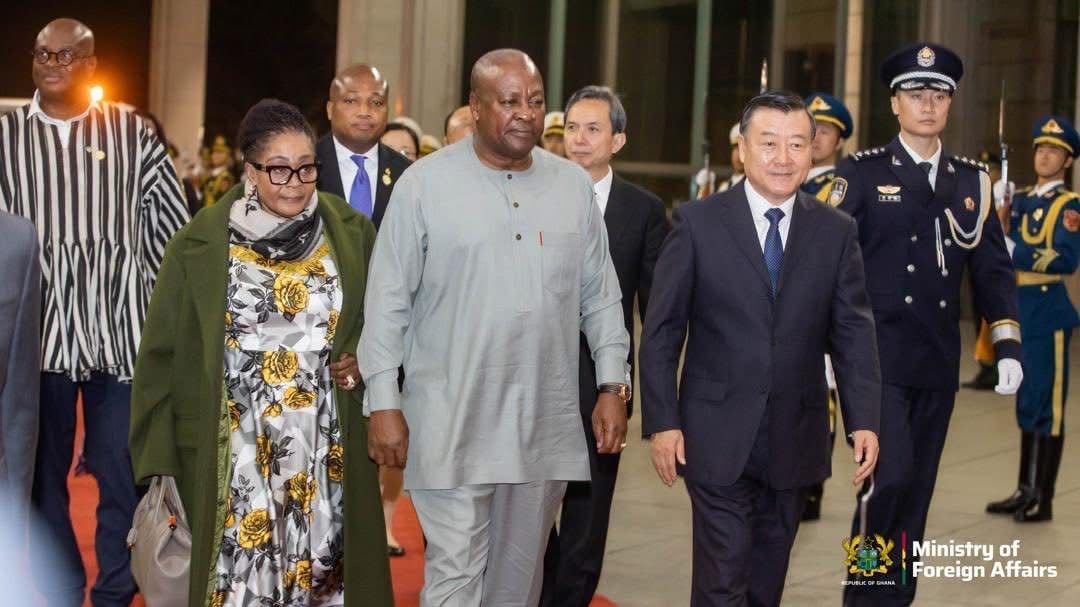




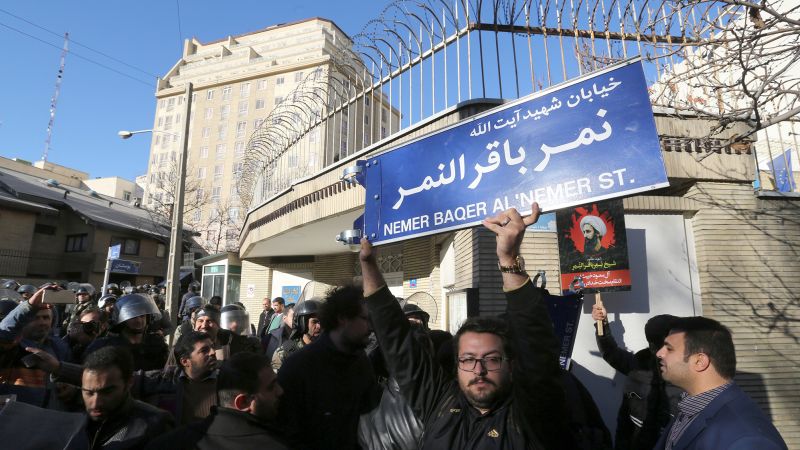
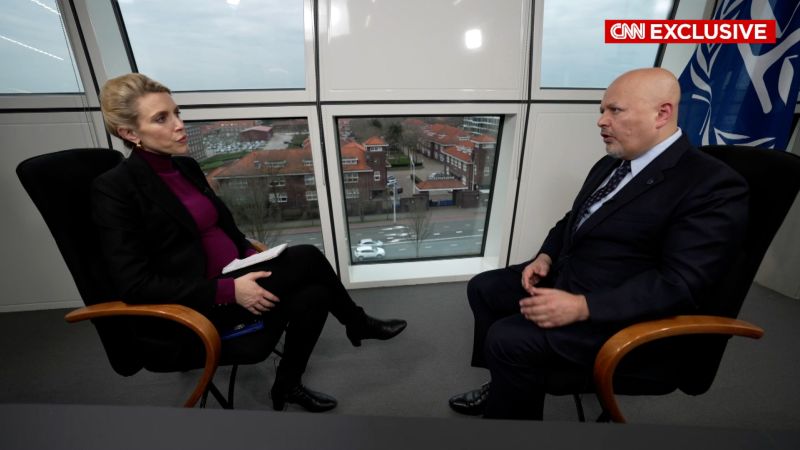
 English (US)
English (US)